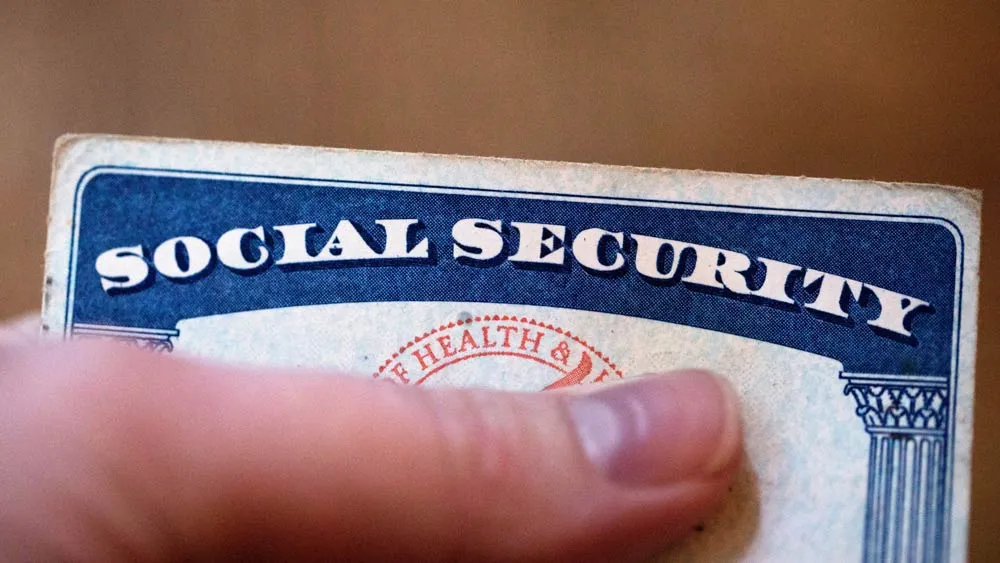April 10, 2017
AIDS Alliance Observes National Youth HIV/AIDS Awareness Day
READ TIME: 2 MIN.
In observance of National Youth HIV/AIDS Awareness Day (NYHAAD), AIDS Alliance for Women, Infants, Children, Youth & Families (AIDS Alliance) joins Advocates for Youth in highlighting both the impact of the epidemic on young people and the contributions they have made in the fight against HIV/AIDS across the United States.
According to the Centers for Disease Control and Prevention (CDC), young people (aged 13-24) accounted for 22 percent of all new HIV diagnoses in the United States in 2014. This translates to nearly 1 in 5 new diagnoses being reported among youth. The CDC furthers these diagnoses disproportionately affect young people based on sexual identity, race, and ethnicity.
In 2014, 80 percent of these new infections were among young gay and bisexual men. Of the newly diagnosed gay and bisexual men, 55 percent were Black and 23 percent were Hispanic/Latino. Additionally, CDC findings estimate 80 percent of new HIV cases among women of the same age group are young women of color, in particular young Black women.
"It's very important that young people receive the education and skills they need to protect themselves from HIV infections," commented Dr. Ivy Turnbull, Deputy Executive Director of AIDS Alliance. "While we have accomplished much in the fight against HIV, it is critical we acknowledge that youth are the only segment of the population for whom rates of HIV continue to increase. We must make certain that our young people have full access to affordable quality care and treatment."
Earlier this year, CDC released a report indicating annual HIV infection rates have dropped 18 percent in the U.S. However, contrasting this overall national decrease, rates for young gay and bisexual men of color have significantly increased. From 2005 to 2014, HIV diagnoses among young Black and Hispanic/Latino gay and bisexual men (aged 13-24) increased by 87 percent.
The 2017 theme for NYHAAD is "Young, Free & Positive -- That We Can End HIV." This year's efforts are specifically aimed at reducing the discrimination, criminalization, and stigma often experienced by young people with HIV to better focus on increasing effective resources and strategies to end the epidemic.
"Young people today have the power to bring awareness to this epidemic like never before," said Zach Eisenstein, Policy and Communications Assistant at The AIDS Institute. "As a young person, I have witnessed my peers reach thousands of people -- sometimes in a matter of minutes -- with gifs and memes shared on their social media channels. As an HIV advocate, today, I encourage young people across the country to use these same methods to spread the word about getting tested, knowing your status, and working toward eliminating this epidemic once and for all."
AIDS Alliance remains committed to advocating for public policies that benefit the well-being of youth infected by or at risk of HIV/AIDS in the United States.





